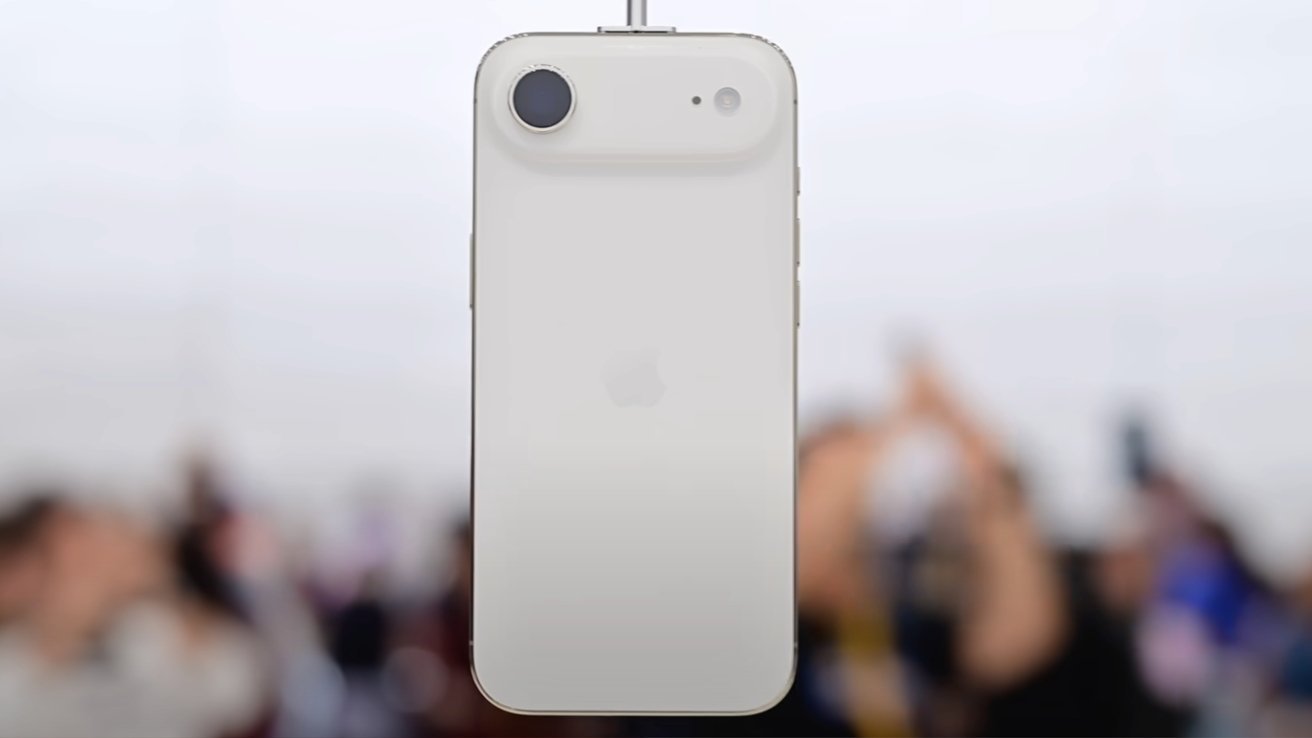The European Union (EU) is poised to levy fines on Apple for non-compliance with the Digital Markets Act (DMA), with an official announcement expected next week. However, these fines are anticipated to be significantly lower than the maximum penalties permitted under the DMA, a decision influenced by concerns over potential diplomatic repercussions with the United States.
The DMA, enacted to promote fair competition within the digital marketplace, authorizes the EU to impose fines up to 10% of a company’s global annual revenue for violations. For a corporation of Apple’s magnitude, this could translate to tens of billions of dollars. Despite this, the European Commission is reportedly opting for more modest fines, aiming to ensure compliance without exacerbating tensions with the U.S. administration.
This strategic shift follows a change in the European Commission’s competition leadership in December, which has led to a greater emphasis on achieving compliance from major tech companies rather than imposing substantial financial penalties. The decision to impose minimal fines on Apple is also seen as a move to prevent escalating tensions with U.S. President Donald Trump, who has been a vocal critic of the EU’s regulatory actions against American tech giants.
President Trump has previously characterized EU fines as a form of taxation and has threatened retaliatory tariffs in response to what he perceives as unfair treatment of U.S. companies. In light of these potential diplomatic challenges, the EU’s approach appears to be one of cautious enforcement, seeking to balance regulatory objectives with international relations.
The forthcoming fines are expected to be accompanied by orders for Apple to revise its App Store policies to align with the DMA’s requirements. This includes allowing app developers to direct users to alternative purchasing options outside of the App Store without imposing additional fees, a practice known as “steering.” The European Commission’s preliminary findings indicate that Apple’s current policies may not fully comply with these provisions.
In response to the EU’s actions, Apple has stated that it has made numerous changes to comply with the DMA and will continue to engage constructively with the European Commission. The company emphasizes its commitment to providing a secure and trusted user experience while supporting a competitive and innovative app ecosystem.
The EU’s decision to impose minimal fines reflects a nuanced approach to enforcement, aiming to achieve compliance without triggering a trade dispute with the United States. This strategy underscores the complexities of regulating global tech giants within the context of international diplomacy and economic relations.



